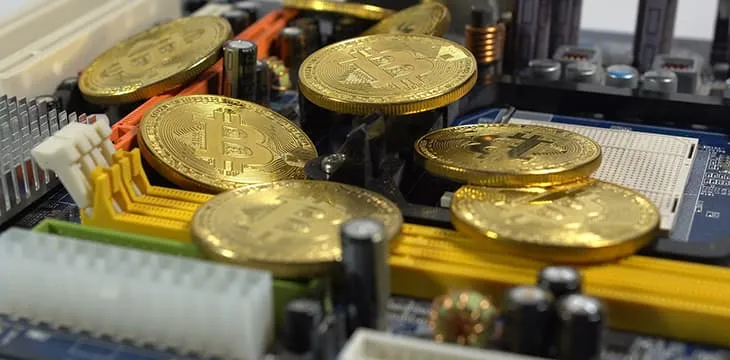|
Getting your Trinity Audio player ready...
|
This is an excerpt from Connor Murray’s blog post, Bitcoin: A (decentralized) complex social network. Read the full piece on Powping.
Note: This piece was published over two years ago when Bitcoin had the ticker (BCH) and was called Bitcoin Cash. Bitcoin Cash and the ticker BCH now refer to Bitcoin SV and BSV.
This piece serves to express what I have learned from studying Complex Social Networks, a textbook by Fernando Vega-Redondo. As it turns out, Bitcoin may end up being the most complex social network we have seen in history, and Vega-Redondo’s book allows you to understand why. I owe great thanks to Dr. Craig Wright for the recommendation of reading and for the countless individuals who have helped me shape my understanding of this network. I would also like to thank Christopher Ames for his help in making this much more readable. I hope this serves to help more understand and appreciate the innovative network we are all interacting with.
Introduction
How are you reading this article? How did it go from my laptop to your screen? By the time you read this, I will have posted it on Yours.org, tweeted the link out, and posted it in other various channels. As of the time of writing, The BCH Boys podcast has 750 Twitter followers. Some of those followers have thousands of followers, and others have less than 100. Every person who may come in contact with this piece is a “node” in a large social network. Looking at it this way, we could deduce that we have 750 links to 750 nodes. But do we? How many of those nodes are logged in at the time that we tweet the piece? How many of those nodes will scroll right past the tweet and not even notice it? How many will retweet it to their followers (more nodes), continuing the broadcast? If our intention is to spread this article as far and wide as possible, the connections between people are more important than how many followers we have. When we tweet, only people connected to us will see the tweet. You will only see this article if the people you follow share it. In the Twitter social network, a retweet from Kanye West or Donald Trump would be more valuable than a retweet from almost anyone else due to their large followings. In this way, not all nodes have the same reach. The most valuable nodes in the social network to the author are the most well-connected nodes because they diffuse the information contained in this piece to a larger set of nodes than the less-connected nodes. If I want to maximize the reach of this article, I should target every node that has high connectivity in the social network. In computer science, we would say that the edges, or links, are more important than the number of nodes in a network. We call every node with a high number of links, highly connected.
Bitcoin functions no differently. If you are a merchant, you want the entire Bitcoin network to see your transaction so that the customer can’t pull off a double spend. It is in your interest to broadcast the transaction to the nodes that have the highest connectivity because more of the network will see the transaction more quickly. Not by accident, the most well-connected nodes end up being the miners in the network. If you are a miner, you are in a race with every other miner in the network competing to solve the next hash puzzle and get the block reward. The thing is, you only get that block reward if the majority of miners start mining on top of your block. As a miner, you have a clear incentive to be highly-connected to the other miners in the network, so that when you find the block reward you can announce that as quickly as possible to the rest of the network. Dr. Craig Wright has been adamant that what this creates is a small-world near-complete network. Is he right?
To read the rest of Connor Murray’s piece, head over to Powping.

 07-13-2025
07-13-2025 





